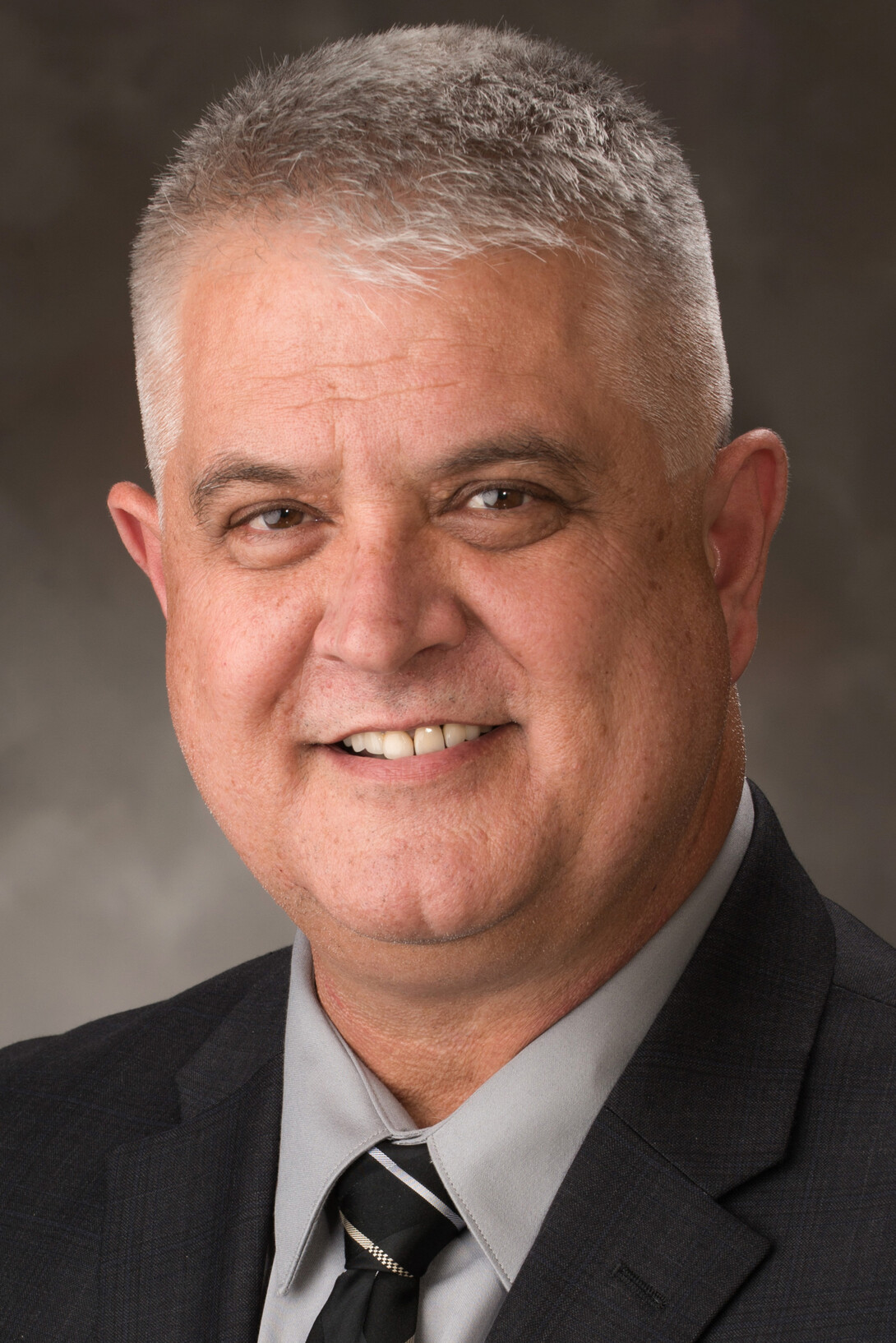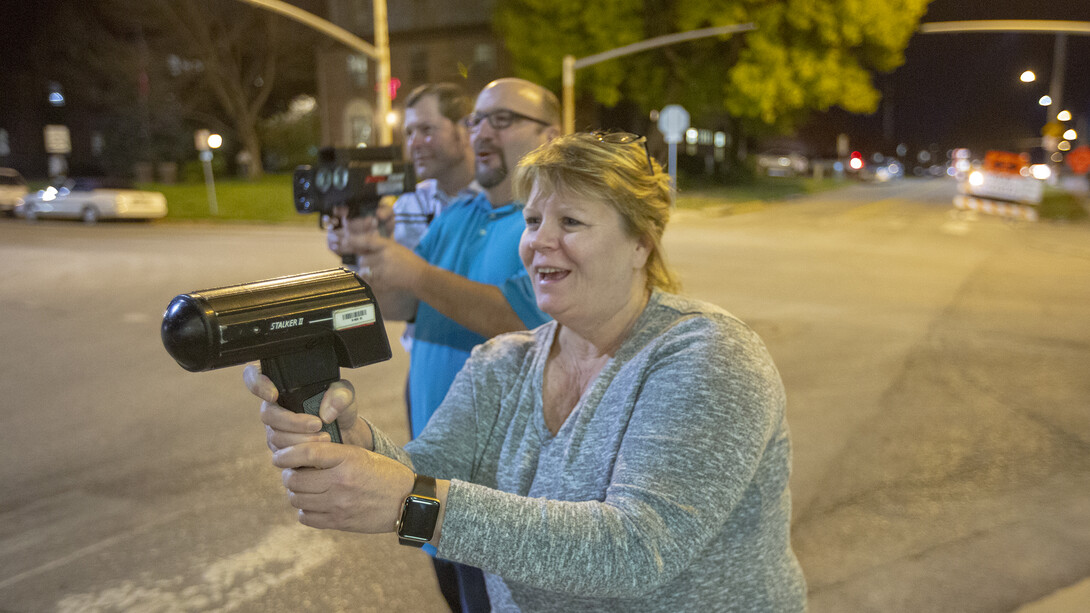When it comes to helping prepare the University of Nebraska–Lincoln for emergency situations, Mark Robertson has adopted a very simple approach.
“We try to condense our preparedness facts into really simple concepts to help people remember them during what can be very stressful times,” said Robertson, emergency management coordinator for the University Police Department. “A colleague told me once that I tell people facts that they should already know — and, he’s right.”
Robertson’s approach to educating students, faculty and staff about emergency preparedness is reflected in his “Really Obvious Preparedness Facts” video series. Launched in 2014, the animated series features a silver-haired, safety vest-wearing emergency preparedness guy walking viewers through topics that range from the best ways to contact university police to bicycle lock best practices.
“In everything we do, our ultimate goal is for people to take a moment and think about what they should do in these situations,” Robertson said. “If we can get them to just take that moment — be it by watching a video or sitting through a presentation — then they are more prepared and we are successful in our job.”
It’s week five of six in the University Police Department’s Citizens’ Police Academy and the agenda is focused on emergency management, the science behind speed radar guns and conducting field sobriety tests. Organized by University Police, the inaugural academy is designed to educate a 12-person cadre of student, faculty and staff volunteers about law enforcement activities on campus.
Big Red Emergency Management
Nebraska’s emergency management team includes Robertson; Shannon McVaney, emergency management coordinator; and Beth Benson, security coordinator.

The team’s duties include helping the university community learn about and create personal and organization safety plans; guiding emergency management groups; and overseeing training exercises — from seminars to full-scale disaster preparedness scenarios.
Workshops with students, faculty and staff focus on situational awareness and how best to react to things like smoke/fire alarms, tornado warnings and shooting/violence.
“The first two situations are much more likely than the last one,” Robertson said. “But, you need to be aware just in case.”
The team also helps departments and units develop emergency action plans for individual campus buildings. Those plans, which are organized by McVaney, serve two purposes — to offer building-specific emergency procedure details to students, faculty and staff; and to provide a vital source of information for first responders.
“The individual building plans are annexes to the university’s overall emergency operations plan,” McVaney said. “They provide specific information about unique properties within campus buildings and how individuals and first responders can safely react in the event of an emergency situation.”
Robertson said about 50 percent of campus buildings are covered by an emergency action plan.
“We continue to work to improve the number of buildings included,” Robertson said. “Our door is always open to any department, office or individual who wants a presentation on emergency preparedness or assistance in developing a plan.”

Really Obvious Facts
Some of the most obvious emergency preparedness resources available to the campus community include:
UNL Alert — A mass notification system that issues text messages and emails during emergency situations. Users must register online to receive messages from UNL Alert.
Really Obvious Preparedness Facts — Robertson’s series of 33 short (mostly a minute or less) videos is available via YouTube.
Situational Preparedness Instruction — From fire alarms to earthquakes, Nebraska’s emergency preparedness resources webpage features a variety of instruction on situational preparedness.
Active Shooter Response Training — This six-minute video that provides an overview on “Run. Hide. Fight.” training recommended for active shooter events is available to the entire campus community.
Dial 2 for Blue — If you need to reach campus police, dial 2-2222 from any campus phone, or 402-472-2222 from off campus and/or via cell phones. For fire and medical emergencies, dial 911.
Emergency Preparedness on Campus — Learn more about emergency preparedness resources available to students, faculty and staff online.
For more information on emergency preparedness on campus, contact Robertson at mark.robertson@unl.edu or 402-472-7632.







